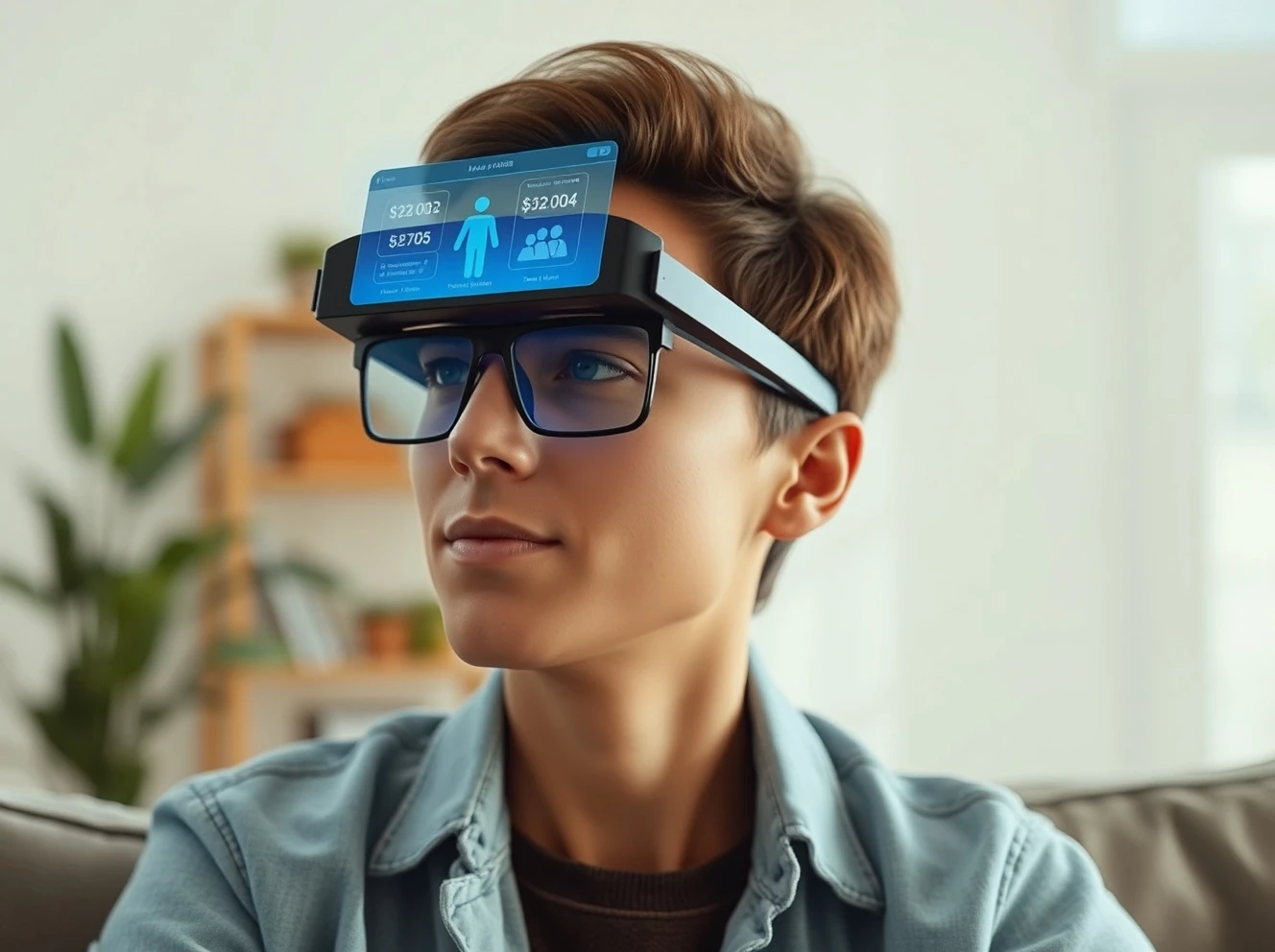The UK government is making a groundbreaking £3.6 million investment in innovative technology that could revolutionize mental health care across the nation. This strategic move addresses the 40% surge in demand for mental health services since the pandemic began, offering new hope for patients and healthcare providers alike.
Government Backs Digital Mental Health Care Revolution
Science Minister Lord Vallance announced today that 17 pioneering projects will receive funding through Innovate UK’s Mindset programme. These initiatives aim to deliver real-time, scalable mental health support while significantly reducing costs for the NHS. The technology will undergo development and testing over the next 12 to 18 months, potentially transforming how patients manage complex conditions including depression, anxiety, psychosis and PTSD.
Smart Glasses Transforming Daily Mental Health Care
London-based CrossSense leads one of the most innovative projects with lightweight smart glasses that use artificial intelligence to assist users with severe depression and memory loss. The system recognizes household objects and provides real-time prompts through a connected app. This technology guides vulnerable individuals through everyday tasks while helping reframe negative thought patterns. Importantly, the glasses adapt over time to the wearer’s specific needs, helping prevent cognitive decline and enabling greater independence.
Diverse AI Solutions for Comprehensive Mental Health Care
The funded projects represent a wide spectrum of innovative approaches to mental health care:
- Play Well for Life – Developing augmented reality board games to help children improve communication and social skills
- Life Process Program – Creating customizable virtual coaches for substance abuse recovery
- EcoGPX – Combining extended reality with physical activity to connect people with nature
- Photography Based Therapeutics – Building the world’s first AI and AR app using photo-editing filters to reduce distressing image elements
Government Commitment to Future Mental Health Care
This investment forms part of the government’s wider 10 Year Health Plan, which pledges an additional £688 million for mental health services. The programme includes more staff, expanded talking therapies and enhanced access through the NHS App. By investing in extended reality technologies, the government aims to position the UK at the forefront of digital mental health solutions worldwide.
Expert Endorsement of Digital Mental Health Care
Lord Vallance emphasized the programme’s significance, stating: “From smart glasses helping those with debilitating depression to games helping children build social skills, we are supporting teams across the UK to build cutting-edge tech that unlocks opportunity, supports the NHS and grows our economy.” Minister for Mental Health Baroness Merron added that embracing new technology improves lives while reducing pressure on the NHS, making healthcare fit for the future.
FAQs About the UK’s Mental Health Care Innovation
What conditions will these technologies address?
The projects cover depression, anxiety, psychosis, PTSD, ADHD, autism, occupational stress and addiction recovery, providing comprehensive mental health care support.
When will these technologies be available to patients?
Development and testing will occur over the next 12-18 months, with potential NHS availability following clinical approval or through regulated private channels.
How much funding is involved in this initiative?
The government has committed £3.6 million through Innovate UK’s Mindset programme, part of a larger £688 million investment in mental health services.
What makes smart glasses effective for mental health care?
The glasses use AI to recognize objects and provide real-time prompts, helping users complete daily tasks while adapting to their evolving mental health care needs.
How will these technologies reduce NHS pressure?
By providing scalable, real-time support that reduces the need for in-person appointments and enables earlier intervention in mental health care situations.
Are these technologies suitable for children?
Yes, several projects specifically target younger users, including augmented reality games designed to build social skills and communication abilities.






